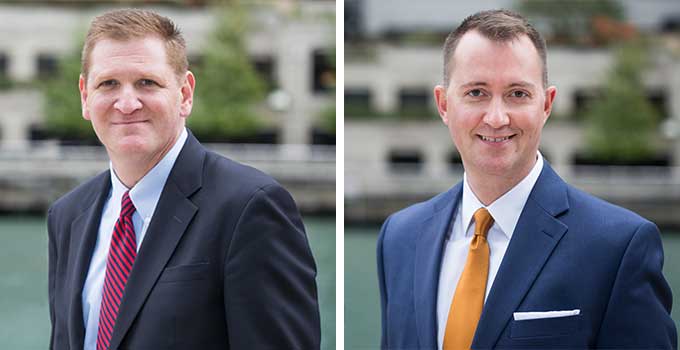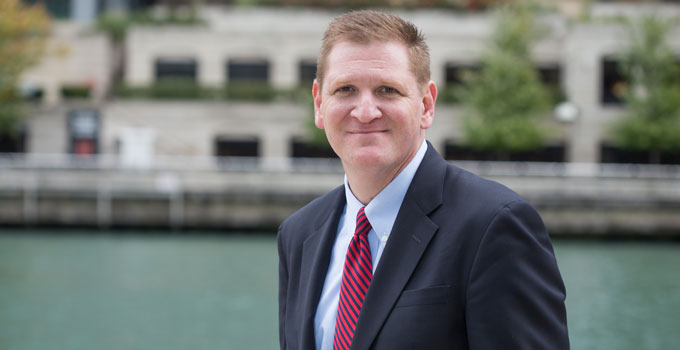Founding Partner Ken Levinson and Managing Partner Jay Stefani will attend the American Association for Justice 2017 annual convention at the Hynes Convention Center, July 22-25 in Boston, Massachusetts. The annual AAJ convention welcomes thousands of accomplished trial lawyers from around the country for a combination of networking events and seminars to discuss the latest developments in trial advocacy.
As leaders of the AAJ’s Interstate Trucking Litigation Group and other sections, Ken and Jay will both moderate discussions related to trucking litigation and ways for lawyers to improve relationships with their clients. They will also touch on recent developments related to federal de-regulation and how trial lawyers must act to protect crash victims from special interests.
Ken currently serves as the ITLG section’s Chair of the Education Committee, Vice Chair of the Motor Vehicle Collision, Highway & Premises Liability Section, and Secretary of Motor Vehicle Collision, Highway, and Premises Liability Section. Ken is also the co-author of 2016-17 edition of Litigating Major Automobile Injury and Death Cases, a comprehensive litigation series published by AAJ Press/Thomson Reuters. Ken recently oversaw the successful $6.25 million settlement related to a wrongful death case involving a van owned and operated by a major trucking company.
Jay serves as Parliamentarian for the AAJ’s Sole Practitioner & Small Firm Section. He is a member of the AAJ’s Trucking Litigation Group, Motor Vehicle Collision, Highway and Premises Liability Section, and the Nursing Home Litigation Group. He also works with the Trucking Litigation Group’s Side Underride Guard Task Force, advocating for a federal mandate that would require all large trucks to equip their vehicles with protective side guards. He has been recognized by various publications, including the local Chicago Reader, for his advocacy.



